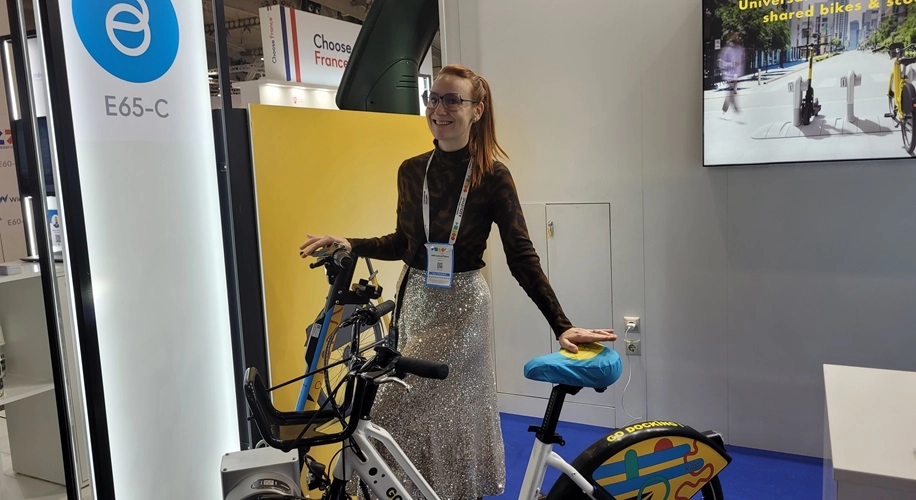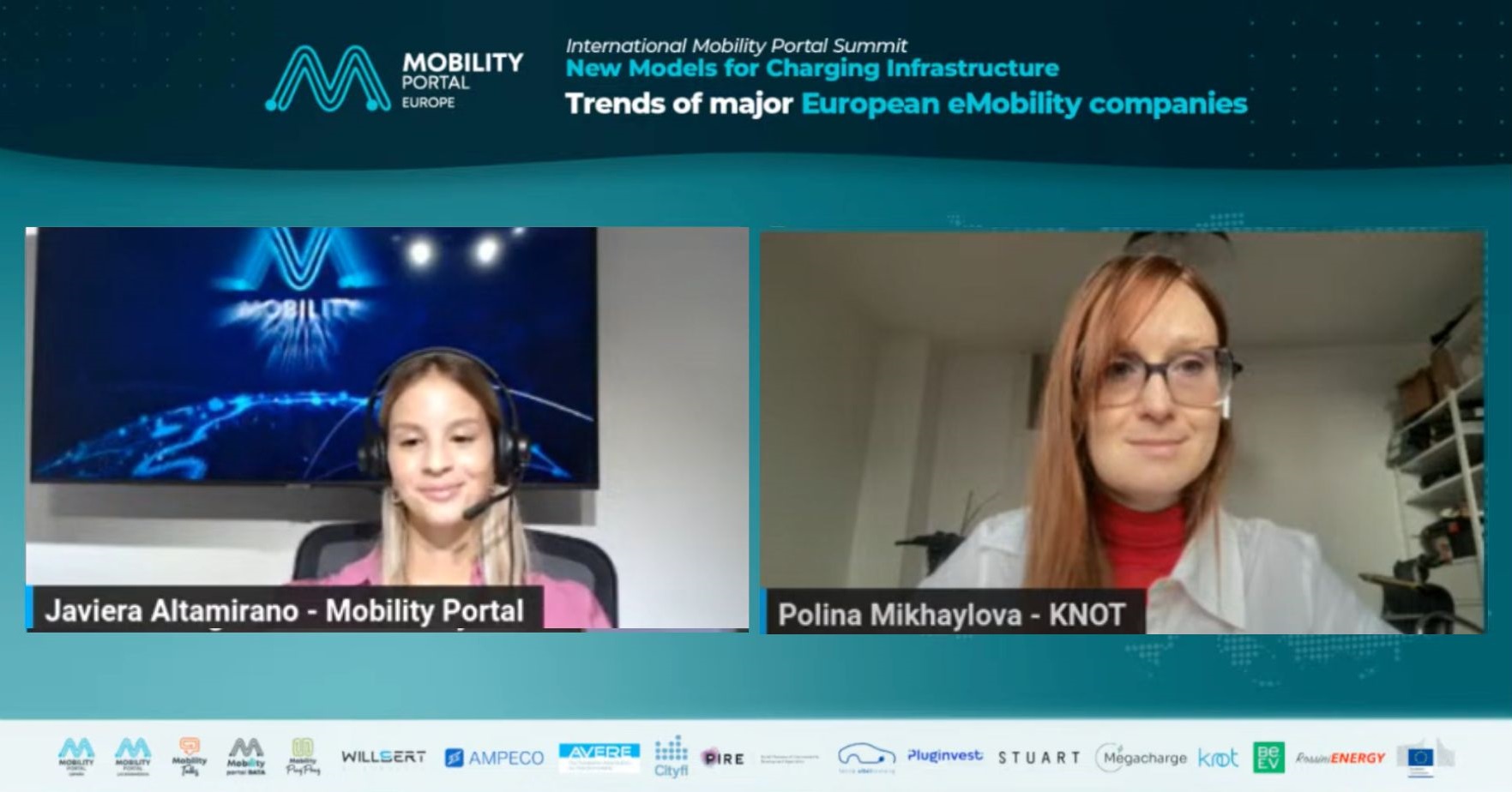During the third day of the International Mobility Portal Summit organized by Mobility Portal Europe, Polina Mikhaylova, COO of Knot, shared her perspective on the state of electric micromobility in France.
“The most important thing for us is regulation and where it comes from. We need standards for the charging of light electric vehicles,” states Mikhaylova.
She continues: “We still don’t have the same charger for all units, just as we don’t have the same battery in vehicles, and that makes the market a complete mess at the moment.”
Another challenge concerns the construction of infrastructure for light mobility.
The implementation of bike lanes and the establishment of stations in cities are crucial.
In this regard, businesses play a relevant role since their parking lots on private premises are mostly accessible to the public as well.
Despite these difficulties, the use of zero-emission scooters and bicycles presents various benefits.
Firstly, Mikhaylova points out the positive impact on corporate image, mainly due to bike and scooter sharing.
Moreover, this contributes to Corporate Social Responsibility (CSR) initiatives, which can be considered by banks and financial entities for fund distribution.
Regarding employees, it provides a competitive advantage for attracting and retaining talent, enhances satisfaction and productivity, and even enables quicker commuting by opting for bicycles or scooters instead of cars.
Furthermore, the placement of micromobility infrastructure can attract more customers to various entities such as hotels, parks, or banks, as it offers an enhanced experience for customers who prefer sustainable mobility options.
Businesses can also save money on taxes with a 30 per cent discount when installing bicycle infrastructure and reduce operational costs by encouraging their use.
Furthermore, it’s possible to obtain additional financial incentives by meeting certain sustainability and corporate responsibility criteria.
For instance, measures are currently being implemented to help companies improve their overall balance of how their employees use these vehicles.
“Companies grant up to 500 euros per year to each employee and aim to encourage people who use bicycles, scooters, or other public transportation when commuting to work,” explains Knot’s COO.
What projects is Knot working on?
Knot builds and operates mooring and charging infrastructure for light mobility vehicles, namely, all two-wheeled vehicles such as bicycles and scooters.
The corporation offers complete mobility services, including vehicles, the application, charging stations, or sometimes just the supply of stations when companies or cities only require that provision.
“We work with three different groups of clients: cities, operators seeking infrastructure, and also large corporations,” comments Mikhaylova.

Currently, the standout project is the recent integration of charging and charging lock together with mooring infrastructure, allowing Knot to expand its market.
Regarding this, the executive states: “Our first projects with this model will be, for example, for construction companies looking for new methods to deliver materials within the construction site.”
Knot receives a significant number of inquiries from the United States, the United Kingdom, and its target market, Spain and Asia.
Furthermore, the business already has facilities in the Maldives and Uzbekistan, which is a significant advancement for a young and rapidly growing market.
“We accept demands coming from other countries because we also have to evangelize light mobility, and that is our mission,” asserts the entrepreneur.
Read more: KNOT aims to expand to other cities, promote micromobility, and “reduce” traffic
Following is the participation of Polina Mikhaylova, COO of Knot, during the International Mobility Portal Summit:
.







